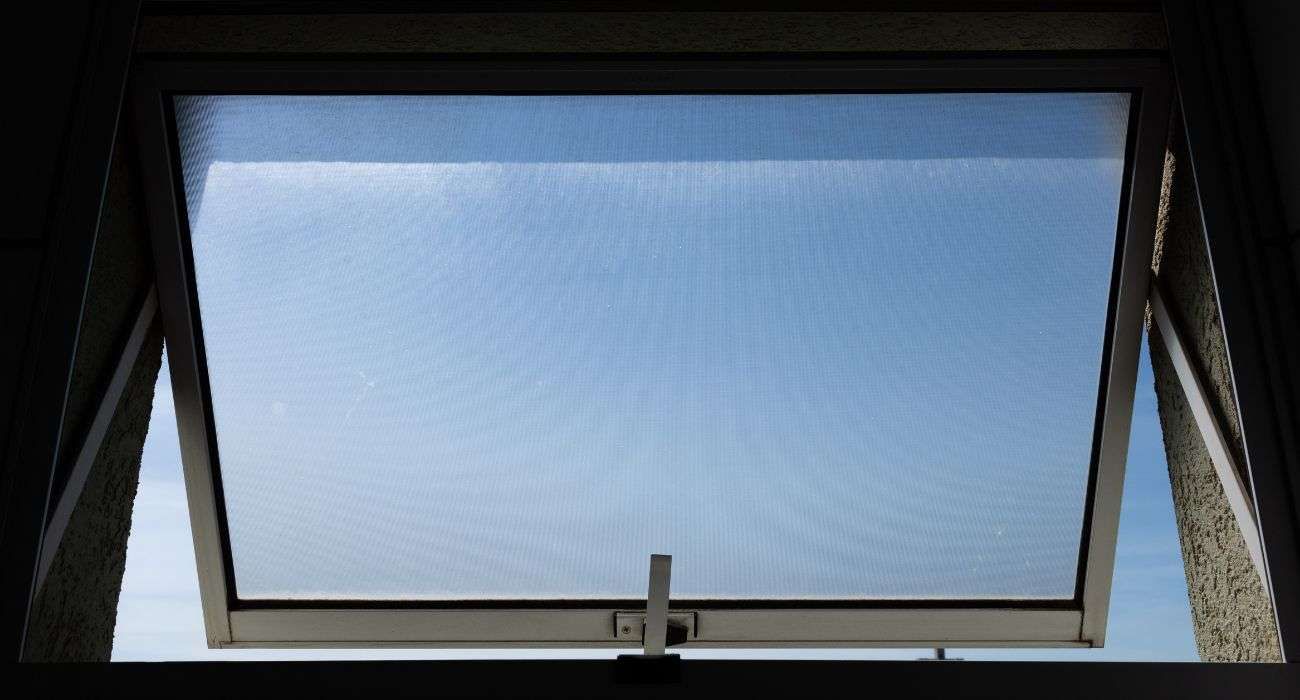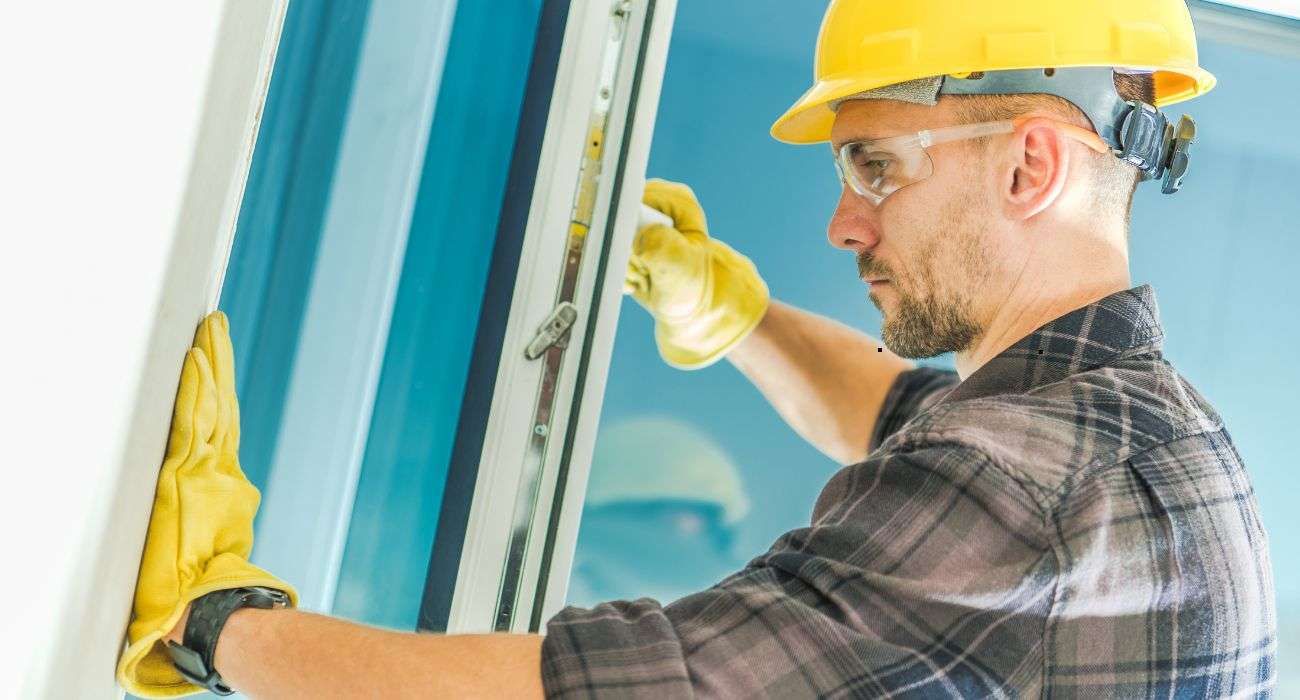Common Causes of Window Damage and How to Prevent Them

Windows play a vital role in our homes and commercial spaces, providing natural light, ventilation, and a connection to the outdoors. However, they are susceptible to various forms of damage that can compromise their functionality and aesthetics. Here, we’ll explore common causes of window damage and share practical tips on how to prevent them, ensuring the longevity and performance of your windows.
- Impact Damage:
One of the most common causes of window damage is impact, whether it’s from a stray ball, a storm, or other external forces. To prevent impact damage, consider installing protective measures such as window screens, shutters, or safety films. These additions can act as a barrier, absorbing the impact and minimizing the risk of cracks or breakage.
- Extreme Weather Conditions:
Windows are exposed to the elements year-round, making them vulnerable to extreme weather conditions. Harsh sunlight, heavy rain, and fluctuating temperatures can lead to wear and tear. Regular maintenance, including cleaning and applying weather-resistant coatings, can help protect your windows from the damaging effects of weather and ensure their longevity.
- Poor Installation:
Improper installation can result in various issues, including air leaks, water infiltration, and structural instability. To prevent window damage caused by poor installation, always hire experienced professionals for the job. Properly installed windows not only function better but also withstand environmental stresses more effectively.
- Lack of Regular Maintenance:
Neglecting regular maintenance is a common reason for window damage. Dirt, debris, and accumulated moisture can lead to deterioration over time. Establish a routine maintenance schedule that includes cleaning the window frames, checking for any signs of damage, and addressing issues promptly. Regular maintenance not only extends the life of your windows but also enhances their overall performance.
- Neglecting Seals and Caulking:
Window seals and caulking are essential for preventing drafts, water leaks, and heat loss. Over time, these seals can degrade, leading to reduced efficiency and potential damage. Inspect and replace damaged or worn-out seals regularly. Applying fresh caulking as needed helps maintain a tight seal, preventing water intrusion and ensuring optimal energy efficiency.
- Humidity and Condensation:
Excessive humidity and condensation can contribute to window damage, causing rot, mold growth, and deterioration of wooden frames. Proper ventilation is key to controlling indoor humidity levels. Consider using dehumidifiers in high-moisture areas and ensuring adequate airflow to prevent condensation on windows.
- Pest Infestation:
Insects, rodents, and birds can cause damage to windows, especially if they find their way into gaps or damaged areas. Regularly inspect your windows for signs of pest entry and promptly address any issues. Installing screens and sealing potential entry points can help prevent unwanted visitors and protect your windows from damage.
Conclusion:
Preventing window damage requires a proactive approach that includes regular maintenance, proper installation, and protective measures. By addressing common causes of damage promptly, you can extend the life of your windows, maintain their functionality, and enhance the overall comfort and efficiency of your space. If you encounter any window damage, don’t hesitate to consult Velocity Glass, we provide expert solutions tailored to your specific needs.















